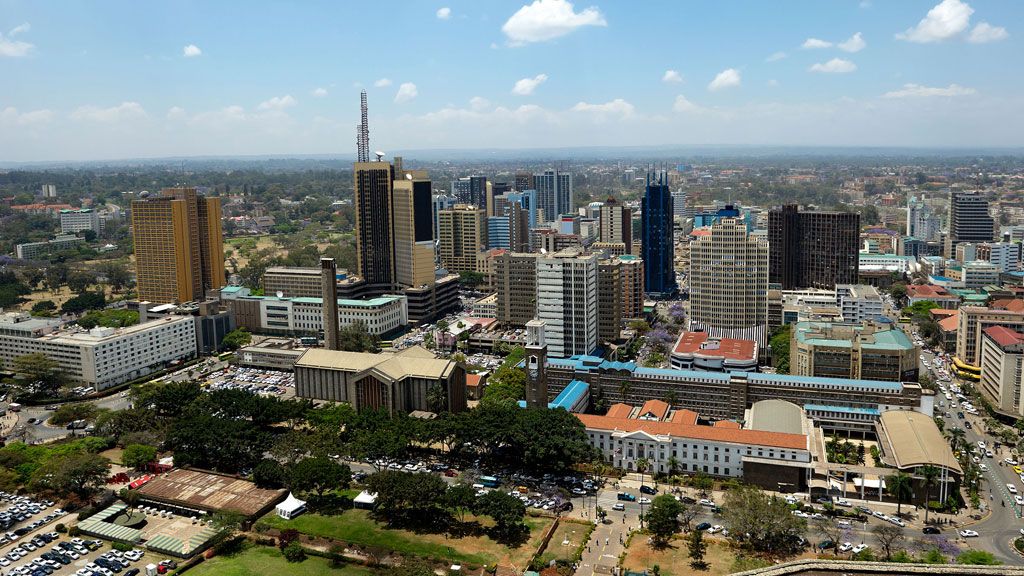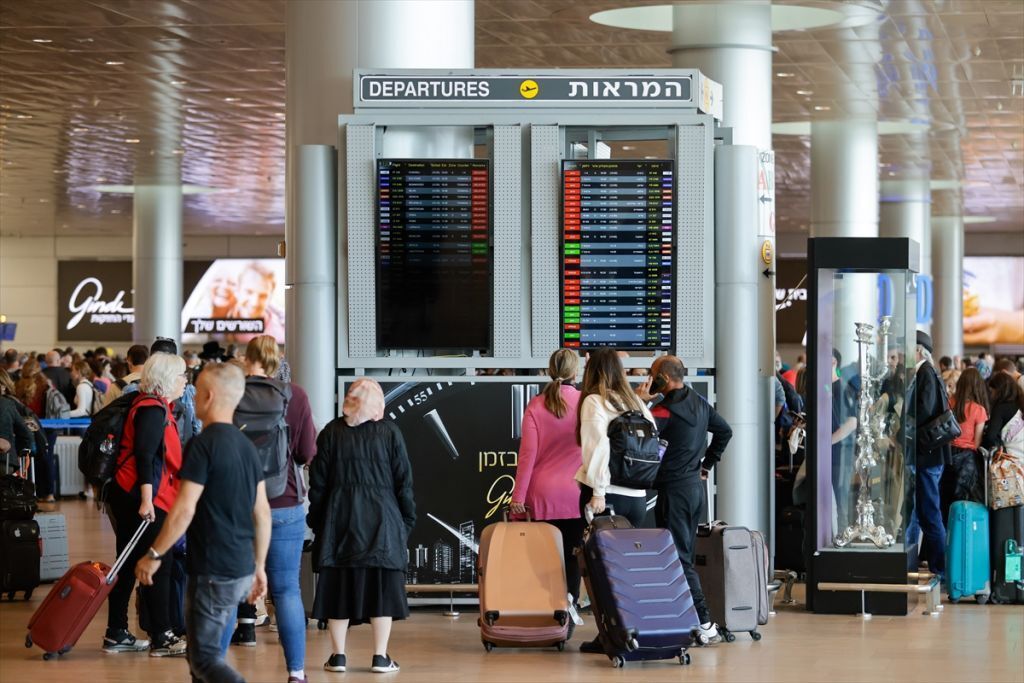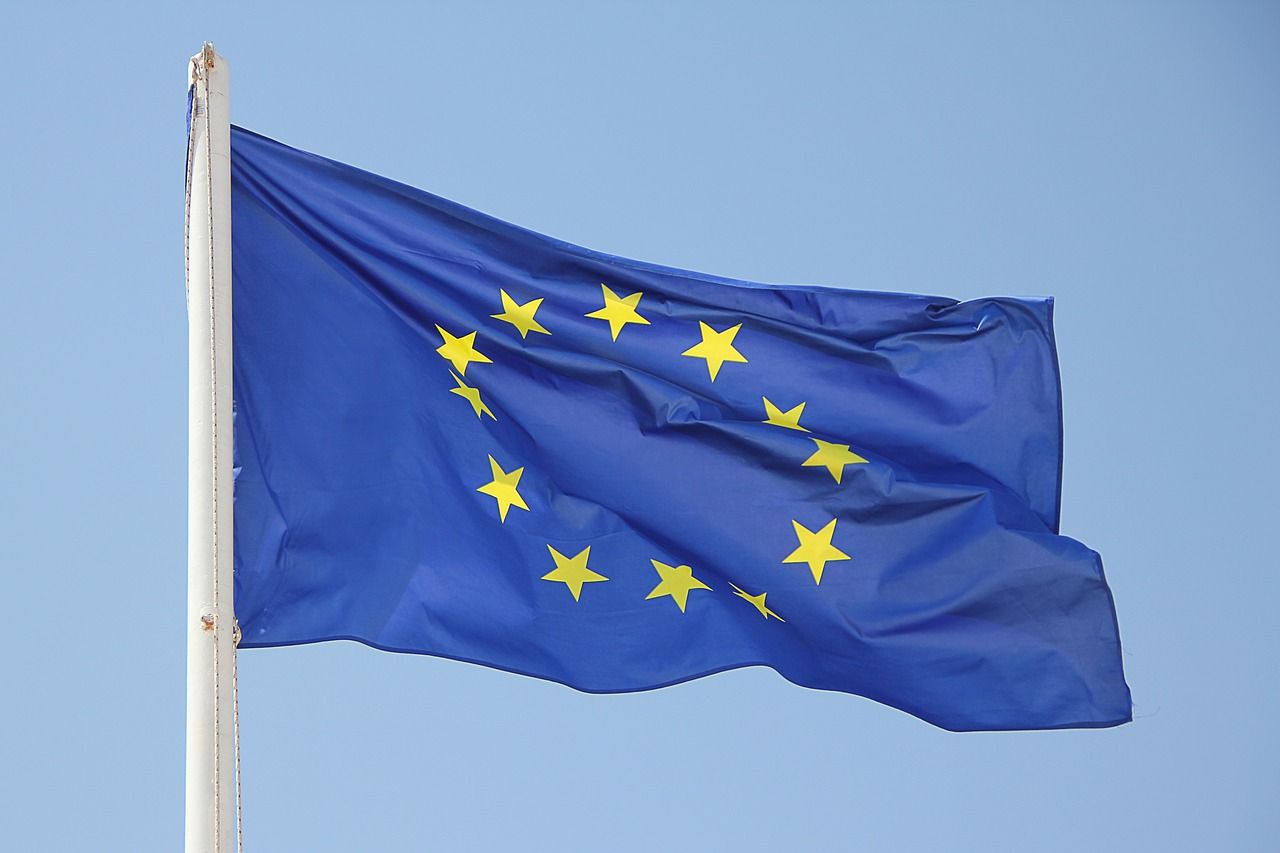The Kenya Civil Aviation Authority (KCAA) has announced the postponement of its much-anticipated visa-free entry policy. This decision marks a significant shift in Kenya’s approach to global tourism and diplomacy.
The KCAA, in a formal statement, clarified that individuals entering Kenya would need to adhere to the existing visa application procedures. This announcement comes as a surprise to many, especially considering the previous declarations made by Kenyan authorities regarding easing entry into the country.
The visa-free transition was to be facilitated through the Electronic Travel Authorization (ETA) System, which is currently under development and implementation. The statement from KCAA emphasized, “All travelers from countries that require a visa to enter Kenya will continue to apply for visas as usual until the ETA system is operational.”
The delay in implementing the visa-free entry policy has not only caused a ripple of disappointment but also raised questions about its future commencement date, which the KCAA stated would be announced later.
Kenya, with its breathtaking natural landscapes and rich wildlife, has long been a magnet for tourists worldwide. The country, which boasts over ten national parks and a diverse range of wildlife, has been a premier destination for safari tours and wildlife enthusiasts. The decision to eliminate visa requirements for all countries was a strategic move aimed at boosting tourism numbers to 4.5 million by 2027.
President William Ruto of Kenya had previously announced the removal of visa requirements for entry into the country starting 2024. This announcement was made during a ceremony on December 12, commemorating the 60th anniversary of Kenya’s independence from Britain.
Kenya’s coastline along the Indian Ocean and its status as a host to some of the world’s richest natural and wildlife habitats make it a unique and attractive destination. The country’s tourism sector is a significant source of revenue, and the visa-free policy was seen as a key driver for future growth.
However, with the postponement of this policy, there are concerns about the impact on Kenya’s tourism industry and its international relations. The delay may affect the country’s competitiveness as a tourist destination and could lead to a reassessment of travel plans by potential visitors.
In conclusion, while the postponement of the visa-free entry policy by Kenya is a setback, it is hoped that the KCAA will soon provide clarity on the new commencement date. The delay presents an opportunity for Kenya to fine-tune its systems and ensure a smooth transition to a more open and accessible tourism environment in the future.













